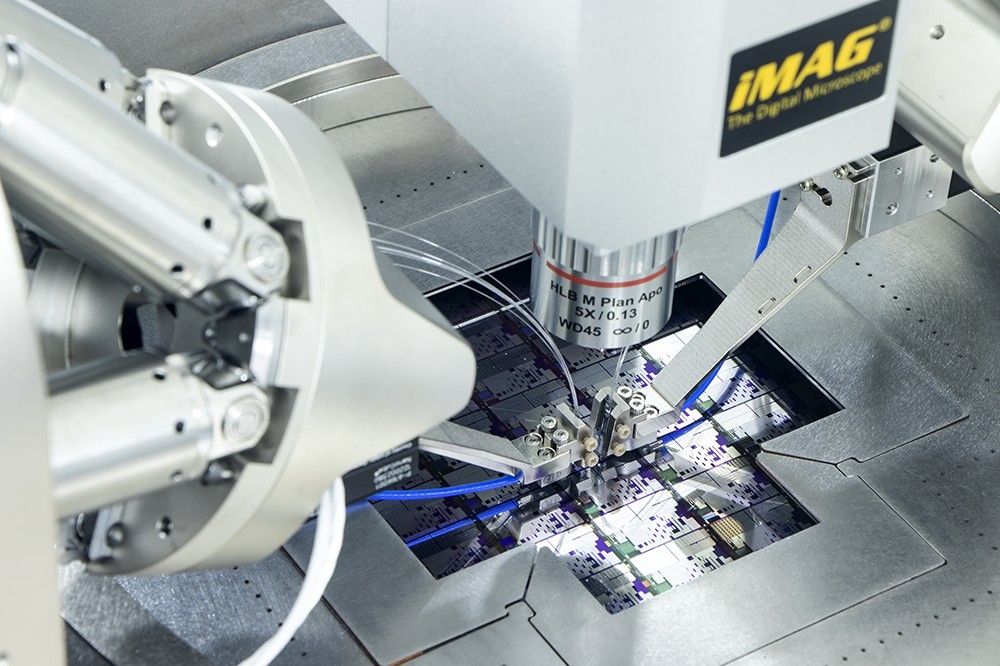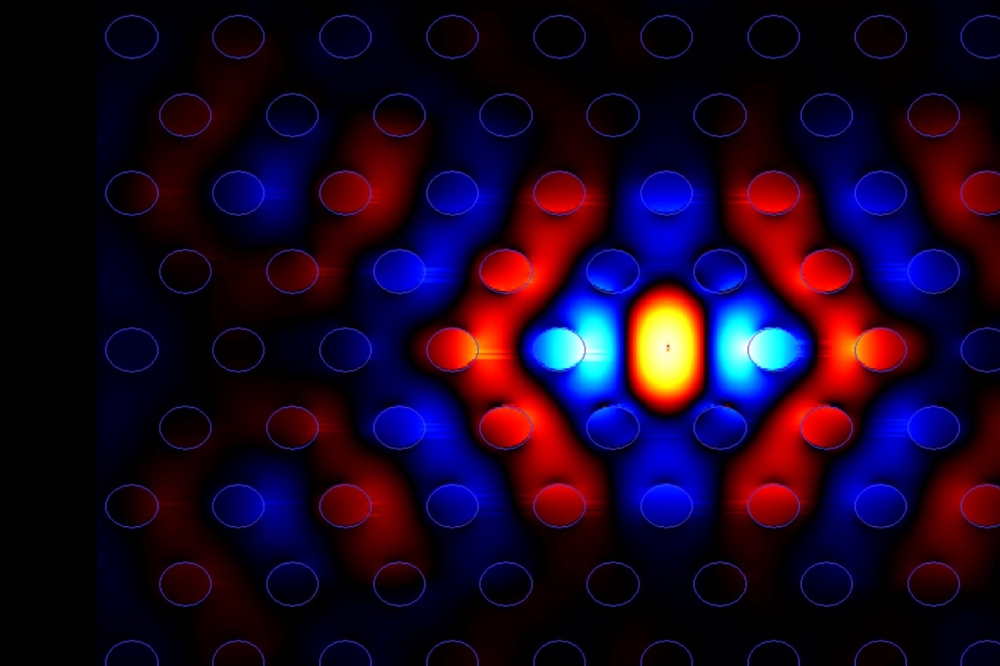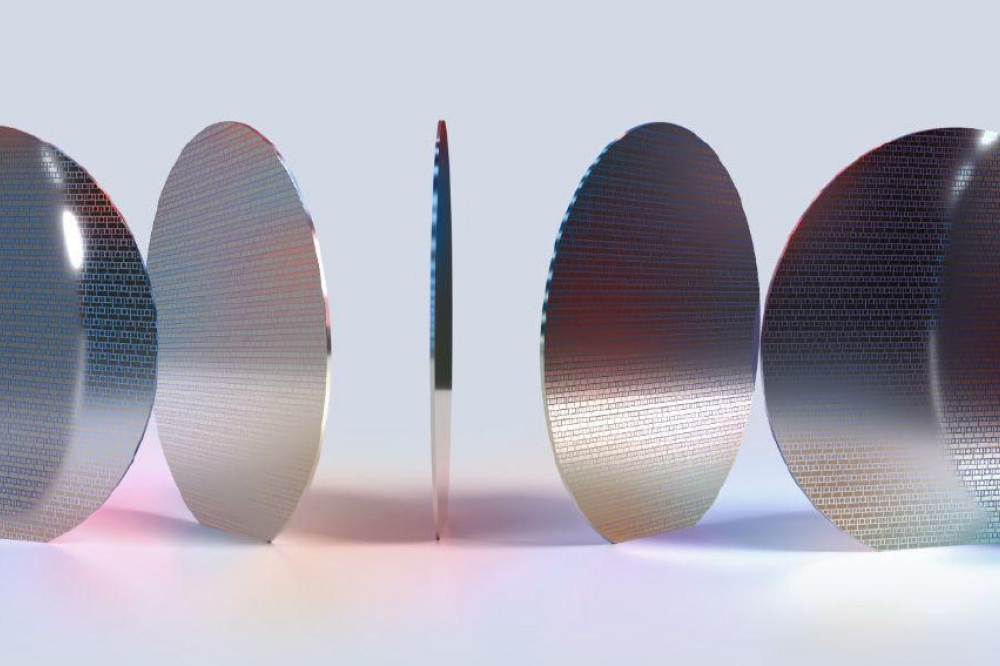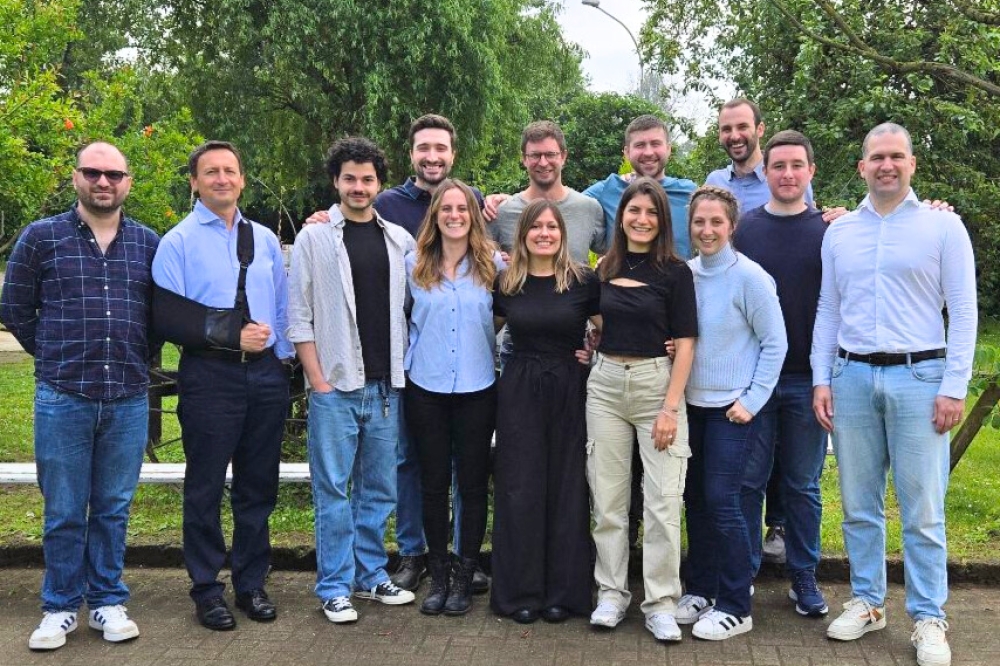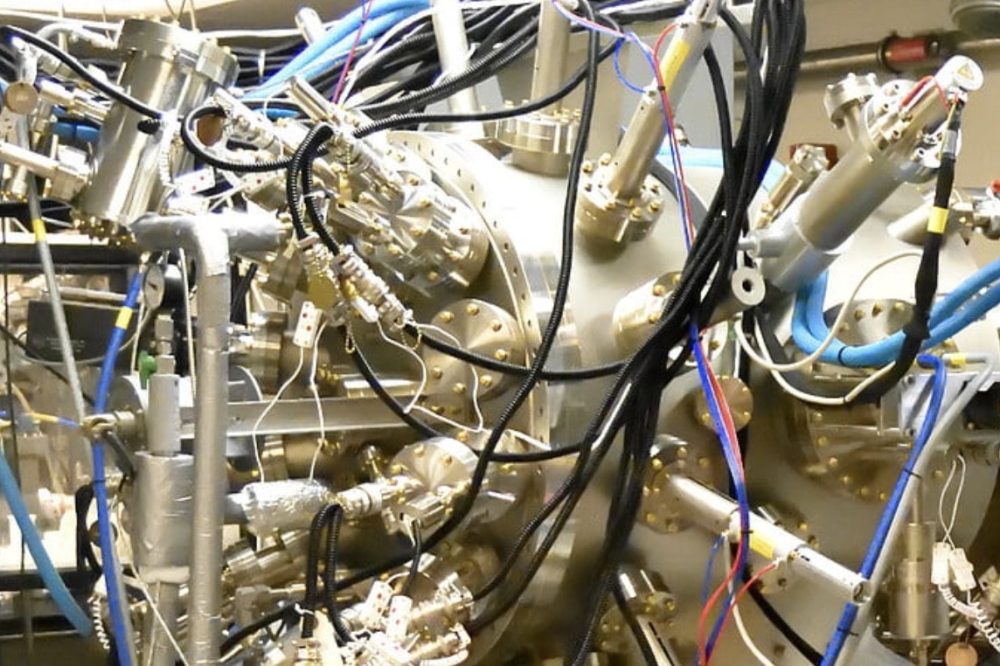Xanadu and HyperLight announce breakthrough in TFLN for quantum

The companies they have demonstrated one of the lowest losses reported for an electro-optic switch serving photonic quantum computing applications, highlighting that this performance was measured in a high-volume semiconductor production facility
Xanadu, a photonic quantum computing company, and HyperLight, creator of the TFLN Chiplet platform, have announced that they have achieved through a joint effort a breakthrough in the development of thin-film lithium niobate (TFLN) photonic chips that demonstrate superior performance metrics. The companies say these advancements are crucial for overcoming current limitations in scaling photonic quantum hardware.
Through dedicated fabrication process development, Xanadu and HyperLight say they have demonstrated waveguide losses below 2 dB per metre in TFLN. The corresponding switch loss is approximately 20 milli-decibel (mdB), which is one of the lowest loss values ever reported for an electro-optic switch serving photonic quantum computing applications, according to the companies.
Additionally, Xanadu and HyperLight emphasise that this result was performed in a high-volume semiconductor production facility capable of fabricating wafers at the volumes required for commercial photonic quantum computing – crucial to the demanding needs of a future utility-scale quantum computer.
“Our long-standing collaboration with HyperLight has been instrumental in achieving our hardware roadmap,” said Zachary Vernon, CTO of hardware at Xanadu. “The unprecedented performance we've achieved with these new photonic chips sets a new benchmark for performance in the industry and brings us closer to delivering utility-scale photonic quantum computers.”
Xanadu has recently demonstrated Aurora, which it describes as the world's first fibre-networked photonic quantum computer. With Aurora, the company aimed to showcase the scalability and networkability of Xanadu's architecture for a photonic quantum computer, and leveraged the advanced TFLN Chiplet platform from HyperLight. This latest achievement seeks to build on previous successes by providing ever-higher-performing chips necessary for future generations of photonic quantum computers.
“This achievement of HyperLight and Xanadu is an example of the breadth of impact of TFLN technology,” said Mian Zhang, CEO of HyperLight. “Synergised with high-volume datacom and telecom applications, HyperLight's TFLN Chiplet Platform is uniquely designed to enable unprecedented performance and applications like quantum computing which our partner Xanadu is pursuing.”




